Health Essentials
Blood pressure; How dangerously low can it go?

The conventional wisdom has always been that we should all strive to keep our blood pressure low. Even though this is true, having really low blood pressure can be dangerous, as it can impair your body’s ability to absorb oxygen, resulting in damage to the heart and brain.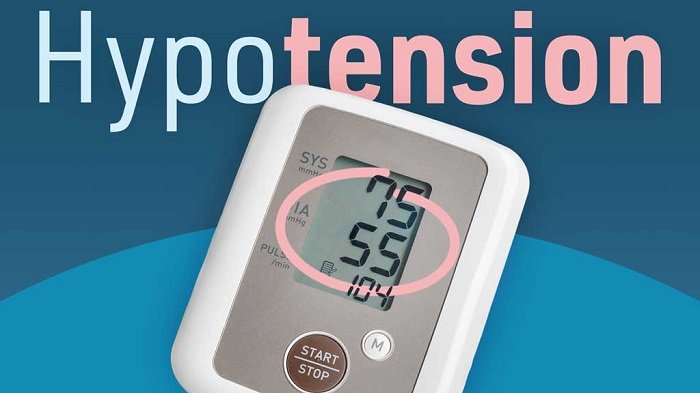
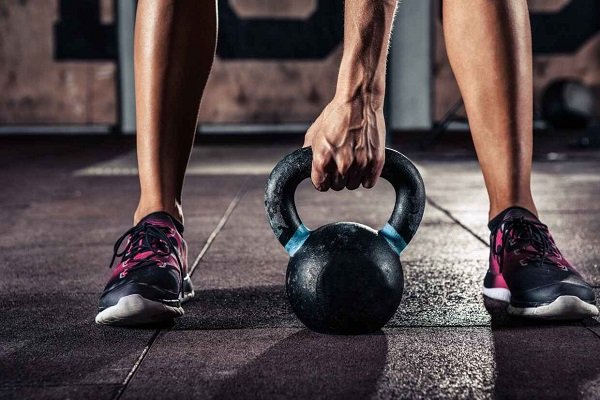
Low blood pressure is when your blood pressure reading is lower than 90 millimeters of mercury (mm Hg) for the top number (systolic) or 60 mm Hg for the bottom number (diastolic).
Low blood pressure (also known as hypotentesion) can occur in anyone, though it may be more common depending on your age or other risk factors: genetic makeup, taking certain medications, and having certain diseases(diabetes, heart conditions)
The cause of low blood pressure isn’t always clear. However, it may be associated with the following:
- pregnancy
- hormonal problems
- some over-the-counter and prescription medications
- heart failure
- abnormal heart rhythms
- widening or dilation of the blood vessels
- heatstroke
- liver disease
- loss of blood from bleeding
- low or high body temperature
- a severe blood infection
- severe dehydration from vomiting, diarrhea, burns or fever
- a reaction to medication or alcohol
A sudden drop in blood pressure robs the brain of adequate blood supply to the brain. This can lead to dizziness or lightheadedness. Other symptoms include fainting, blurred vision, nausea, fatigue, lack of concentration, and in extreme conditions shock.
If you experience any of the above symptoms, seek emergency medical attention as it is important to determine the cause of low blood pressure so appropriate treatment can be given.
Some people are known to take alcohol in an attempt to increase their blood pressure but that is a path I will not recommend. Others opt for caffeinated drinks like coffee and tea. Dr. Kojo Essel often recommends that one engages in exercise which is your best “weapon to normalise blood pressure.” Quite often when one has low blood pressure, standing still for long periods of time can cause a further drop in blood pressure due to peripheral pooling of blood and may cause complications. In such people Dr Essel highly recommends taking several steps even if standing in one place to help maintain blood pressure at a safe level.
Other ways of managing low blood pressure are:
- adding a little salt to food ( do this with caution to avoid excesses and downsides of increased salt intake)
- Increase water (other fluids) intake to increase blood volume.
- May need to wear compression stockings in extreme situations
- Some may require medication.
- Pay attention to body positions; do not move quickly from sitting to standing position for instance
- Eat small portions of food at a time
- Exercise should be a combination of strength training and cardiovascular exercise that increases heart rate)
Source:
Maureen Masopeh
Content Creator (Health Essentials Ghana Ltd)
References:
- Dr Kojo Cobba Essel; Unravelling the Essentials of Health and Wealth
- Mayoclinic; Low Blood Pressure (Hypotension)
- Webmd
By Dr Kojo Cobba Essel
Health Essentials
Sleep may not always be the answer to your needed rest
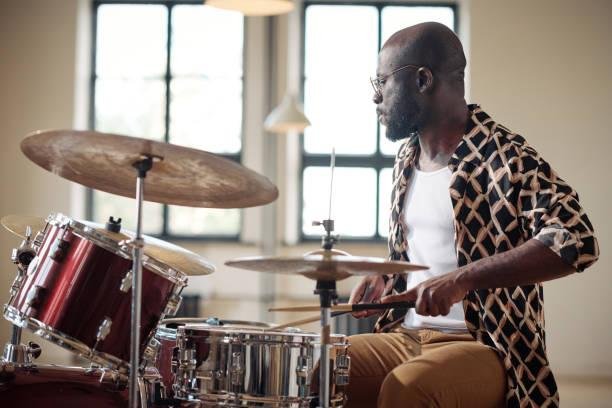
Sleep is powerful and definitely one of the major legal performance enhancing drugs of all time but even sleep answereth not all questions related to adequate rest.
“Doctor, I am so tired. I still feel drained even after a 10-hour sleep.”
“I feel lonely, unappreciated and extremely tired. Help me doctor.”
These are two of the numerous examples that clients complain of on a daily basis. We are in “an energy crisis that has nothing to do with oil and gas” and unless we learn to take the necessary breaks and make minor adjustments to our way of life we are heading for a generation that has burnt-out high achievers. I am only drawing attention to a crisis that is often overlooked.
Deep, adequate sleep is an extremely powerful life-changing natural phenomenon that many people trample upon. If you had to make a single change to your life to grow healthier I will suggest you sleep more if you sleep less than seven or eight hours a day. Yes, napping also has an energizing role in our health quest. Rest is such a broad and grey area and it appears sleep is only part of the whole enigma of REST. Now you will understand why an evening with family or friends out of home after a tiring week invigorates you. Also there must be some magic spending time by the seaside even if you don’t sleep. How about playing music with friends? Rest is much more than sleep and though sleep is extremely important all the other forms of rest do matter as well.
A look at the 7 types of rest
1. Physical rest
a. We all know that feeling when you just want the body to take a break. It turns out physical rest can be broken down into two
i. Passive Rest ; lying down, sleeping, napping
ii. Active Rest; yoga, massage, stretching etc.
2. Mental rest
Typically one feels irritable, forgetful and unable to concentrate at work etc. May get eight hours of sleep yet feels horrible. This may be tell-tale signs that you need mental rest
How to fix this;
- Switch off your brain. Take short breaks every two hours talk about or write down your feelings so you are not carrying them around
3. Sensory rest
With the noise all around, bright lights, screen time and a host of others, our senses feel overwhelmed.
How to fix this;
- Simply close your eyes for a minute
- Unplug intentionally; Take a break from computers, phones, bright lights, noise and conversations
4. Creative rest
It is important to awaken the excitement deep within us. The glitter in our eyes. That is another realm of rest.
How to fix this;
- Walk in a beautiful place in nature, watch a movie, play a musical instrument, garden or do art. The good news is you do not even need to be good at it.
5. Emotional rest
Often we are unable to say NO when that is exactly what is needed. We accept additional engagements only to sit in our corner later and feel lonely and unappreciated.
How to fix this;
- Cut back on people-pleasing “adventures”
- Create time to freely express your feelings and emotions. “ME-TIME” and SELFCARE can’t be over emphasised
6. Social rest
It is rare to find someone who needs emotional rest BUT has no social rest deficit. They often come as a “couple”. We need to be able to differentiate between relationships that energise us and those that drain all we have.
How to fix this;
- supportive and positive people, rather than people that exhaust you.
- Engage in conversation and stay focused. Paying attention does wonders to our brain
7. Spiritual rest
We all need to rely on the power of a superior being and for me it is GOD! We need that sense of belonging (child of God), love and a PURPOSE. That gives us the needed rest
How to fix this;
- Prayer
- Praise and worship to The Almighty
- Meditation
- Service to the community
My advice is let us put all these into practice as often as possible. Every day is possible. Do not wait till you are too tired or feel totally broken before you search for these tips. The time is now and remember SLEEP is supreme but we need the other forms of rest to be complete. Seek professional medical care if you continue to feel “unrested”.
AS ALWAYS LAUGH OFTEN, ENSURE HYGIENE, WALK AND PRAY EVERYDAY AND REMEMBER IT’S A PRICELESS GIFT TO KNOW YOUR NUMBERS (blood sugar, blood pressure, blood cholesterol, BMI)
Dr. Kojo Cobba Essel
Health Essentials Ltd/Medics Clinic
(www.healthessentialsgh.com)
Dr. Essel is a Medical Doctor with a keen interest in Lifestyle Medicine, He holds an MBA and is an ISSA Specialist in Exercise Therapy, Fitness Nutrition and Corrective Exercise. He is the author of the award-winning book, ‘Unravelling The Essentials of Health & Wealth.
Thought for the week – “Whatever you practise grows stronger, what are you practising now?”
References:
1. Saundra Dalton-Smith, MD – ideas.ted.com
Health Essentials
Wellness nuggets that work magic
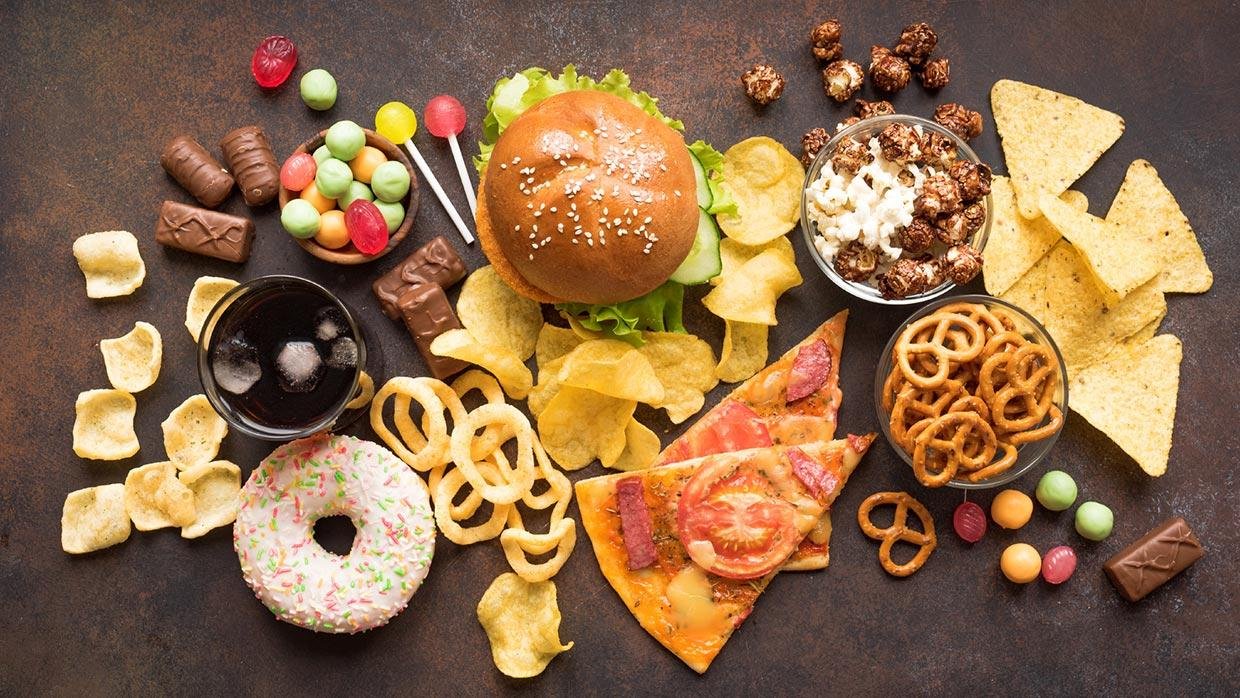
2025 appears to be in a hurry, but isn’t that what we say every year? Information overload is real and when it comes to health and wellness not all we come across is backed by science
I have been thinking about CERVICAL CANCER AWARENESS and a number of the nuggets will look at this preventable / manageable cancer. My goal regarding cervical cancer prevention is to encourage, coerce all ladies in the age group to be screened.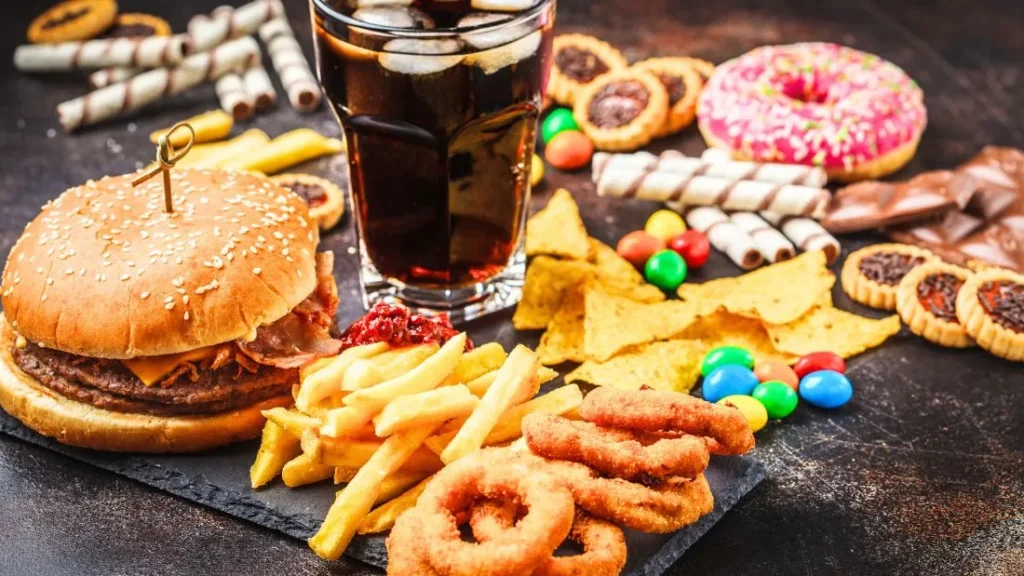
The watch word(s) should be prevention and early detection of changes.
1. Cervical cancer is the most preventable of all female cancers. Do the following.
a. Have regular cervical screening tests e.g. once every three years depending on findings
b. Get vaccinated against Human Papillomavirus (HPV)
c. Practice safe sex
d. Live a smoke-free life
e. Eat a balanced diet to help support your immune system
2. Signs and symptoms of Cervical Cancer you should not ignore
a. Vaginal bleeding that is abnormal for you
b. Bleeding after sexual intercourse
c. Bleeding between periods
d. Heavier periods than usual
e. Changes in vaginal discharge
f. Pain during sexual intercourse
g. Persistent pain in your pelvis or lower back
3. Risk factors for Cervical Cancer
a. Any woman with a cervix
b. Anyone who is sexually active
c. Anyone with an HPV infection
d. Anyone who smokes and drinks alcohol
e. Family history of cervical cancer
4. The Human Papilloma Virus is the most common sexually transmitted infection and is the cause of almost all cervical cancer (WHO).
5. Exercise has that immediate effect of improving your mood, focus and attention. With increased exercise over your lifetime, you slow the expression of diseases such as Alzheimer’s and Dementia.
6. The best way to burn off the stress hormones without having to change your thinking is to move and sweat. Run, dance, jump, swim, stretch or skip; do something vigorous and lively. Yoga is also fabulous, as it combines movement and breathing.
7. Self-Care Check List 1
a. Listen to your body
b. Move more
c. Eat healthy
d. Breathe right
e. Avoid harmful substances and excess of anything
f. Get enough sleep
g. Cultivate gratitude and joy
8. Your thoughts, your feelings, your emotions, your beliefs literally communicate with every aspect of your biology every second. Yes your thoughts communicate with your cells. They all help to determine so much about your health.
9. Some Longevity Principles
a. Avoid ultra-processed foods
b. Get quality sleep
c. Strength exercises is a MUST!
d. Build community and purpose
e. Practice stress management
10. Food is not only a source of energy, joy, connection and pleasure; it can also rejuvenate us and even reverse disease. Would you rather be powered by junk food?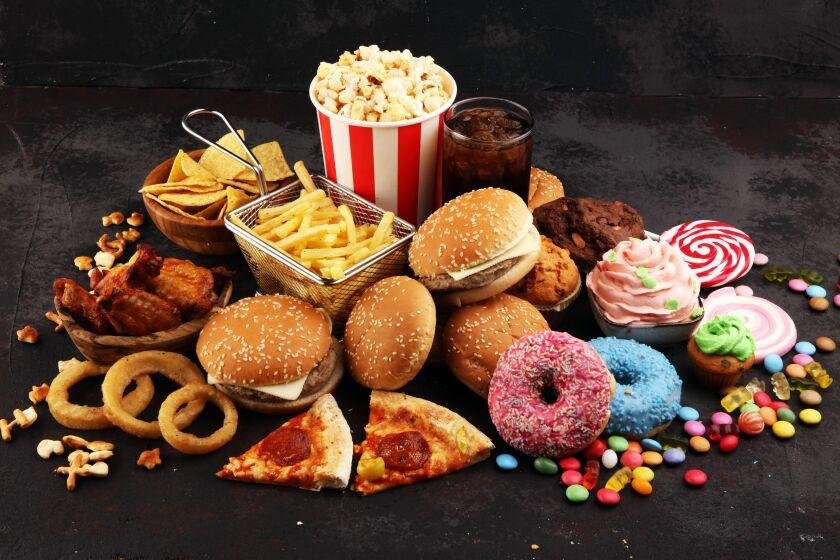
AS ALWAYS LAUGH OFTEN, ENSURE HYGIENE, WALK AND PRAY EVERYDAY AND REMEMBER IT’S A PRICELESS GIFT TO KNOW YOUR NUMBERS (blood sugar, blood pressure, blood cholesterol, BMI)
Dr. Kojo Cobba Essel
Health Essentials Ltd/ Medics Clinic
(dressel@healthessentialsgh. com)
Dr. Essel is a Medical Doctor with a keen interest in Lifestyle Medicine, He holds an MBA and is an ISSA Specialist in Exercise Therapy, Fitness Nutrition and Corrective Exercise. He is the author of the award-winning book, ‘Unravelling The Essentials of Health & Wealth.’
Thought for the week – “with better access to vaccination, screenings and treatments, cervical cancer can be eliminated.”- WHO
Reference:
1. Cervical Cancer Awareness – The Bank Hospital
2. Cervical Cancer Awareness – Medpluspharmacyng
3. World Health Organization (WHO)
4. VK Fitness
5. Dr Mark Hyman
Join our WhatsApp Channel now!
https://whatsapp.com/channel/0029VbBElzjInlqHhl1aTU27






